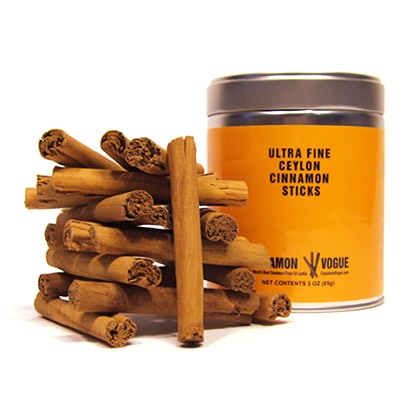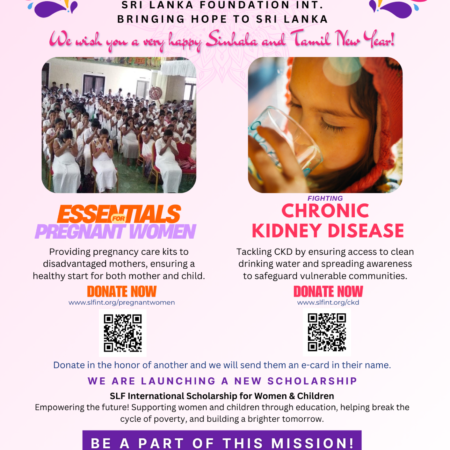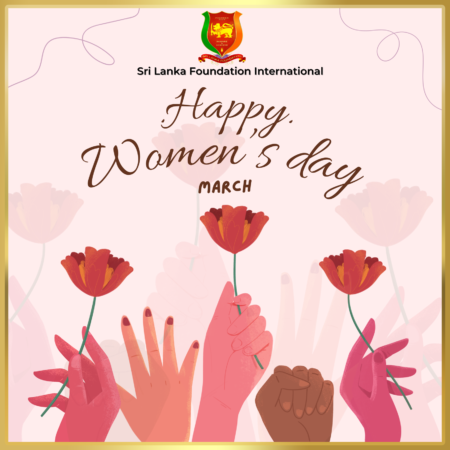Recent positive developments in Sri Lanka’s cinnamon sector and the results of the application of sanitary and phytosanitary measures were today presented in Geneva.
The event titled “Spicing up development assistance” was attended by officials from the World Trade Organization (WTO), the International Labour Organization (ILO), and the World Intellectual Property Organization (WIPO), as well as participants from multinational companies, including from Nestlé, Blue Orchard, Firmenich, and Givaudan.
The results presented originate from a project being implemented by the United Nations Industrial Development Organization (UNIDO) in collaboration with the Spice Council and the Government of Sri Lanka. It aims at enhancing the productive capacities and competitiveness of the cinnamon value chain in the country.
The project helped introduce a range of sanitary and phytosanitary measures required to address the challenges facing the cinnamon industry. It also empowered the Spice Council and created a favorable environment for a public-private partnership in this sector, through which a National Cinnamon Training Academy was established earlier this year.
Speaking at the event, R.D.S. Kumararatne, Ambassador of Sri Lanka to the WTO, said: “I believe that we have a successful story to share. This project has shown that technical assistance and funds are important for small economies, including for Sri Lanka, to sustain in the global trade.”
Melvin Spreij, Secretary of the WTO’s Standard Trade Development Facility, also commended the project’s achievements, saying: “In addition to improving safety and quality standards, the project has resulted in various socio-economic spill-over effects. For example, it supported the Sri Lankan Ceylon cinnamon in obtaining a Geographic Indication, and improved the working conditions for cinnamon peelers including women – that reached far beyond the project’s original scope”
According to Ali Badarneh, who manages the project at UNIDO, the project has helped develop the whole cinnamon value chain, and supports primary production, market access, compliance with food safety and hygiene standards, and helps add value.
“We are helping Sri Lankans fulfill their vision of making Ceylon cinnamon a one billion dollar industry,” said Badarneh.










![TV-Poster-All-Exhibition-Sri-Lanka-in-Focus-USA-2025[1]](https://www.srilankafoundation.org/wp-content/uploads/2025/04/TV-Poster-All-Exhibition-Sri-Lanka-in-Focus-USA-20251-450x450.jpg)











